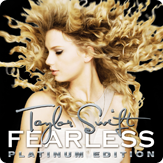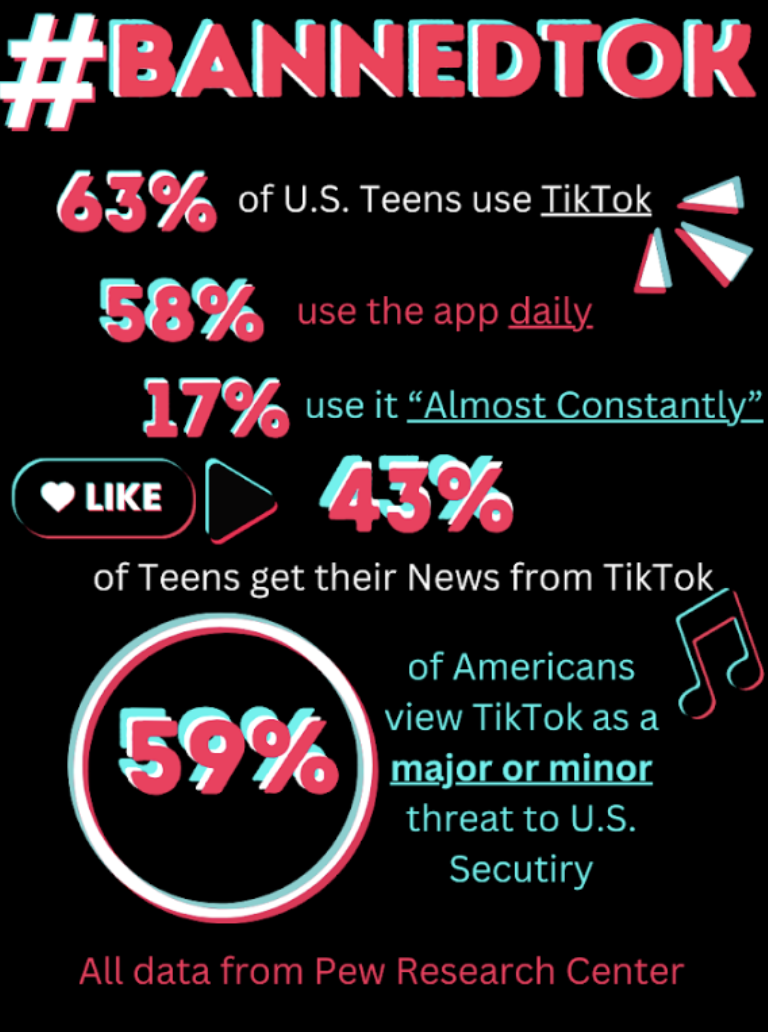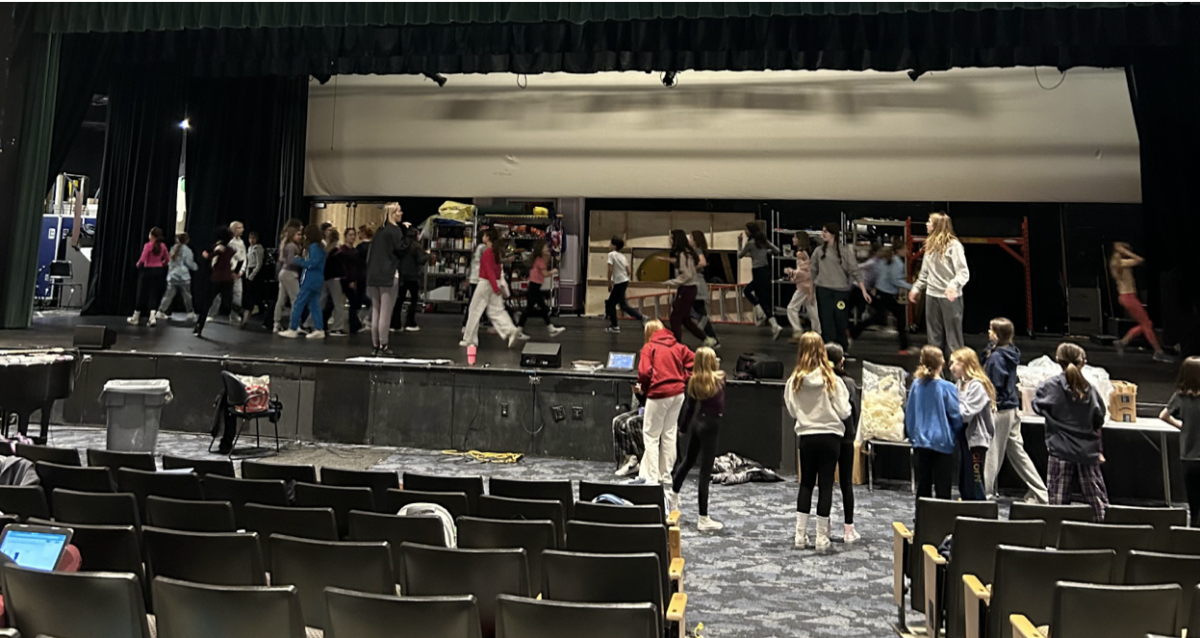Grace Shay ’10
Managing Editor

When Taylor Swift first released “Fearless” back in November of 2008, she proved to be the country crossover megastar that the music industry needed, making waves on the Billboard charts and on pop radio. More personable than the camera-shy Carrie Underwood and more relatable than the homewrecker Leann Rimes, Swift has proved to be a formidable force in country-pop music—the standard edition of “Fearless” debuted at number one on the Billboard 200, charting the best first-week sales for a female artist in 2008.
One year later (and four million-plus albums sold), Swift and her label, Big Machine Records, have released a particularly uninspired “Platinum Edition” of “Fearless.” Sure, the album has six new songs and a DVD featurette of Swift on tour, but even then, the album seems like just another marketing ploy to build Taylor Swift, the brand, instead of Taylor Swift, the artist.
The best of Swift’s new songs is “Untouchable,” because it’s not a drawn-out ballad. It’s her most pop-influenced track, with a yearning “Come on, come on” hook and faint hints of a synthesizer. Why doesn’t it sound like a typical Taylor song? That’s because it’s a countryfied cover of a 2007 song by emo-rock band Luna Halo; Swift is given songwriting credit in her album liner notes simply because she re-arranged the song from its screaming rock roots.
Another new track, “Jump then Fall,” feels musically and structurally like the prequel to “The Way I Loved You” (a song from the standard edition of “Fearless”). While “The Way I Loved You” references a finished relationship, “Jump then Fall” offers some lyrically unsophisticated insights into a potential relationship: “I realize your laugh is the best thing I have ever heard,” she intones. And later, “all I can think is/We should be together.” Despite its lyrical banalities, the song as a whole is one of Swift’s better ones—she has a knack for using colloquialisms to demonstrate the simple purity of falling in love.
“SuperStar” and “Come in with the Rain” are typical cookie cutter ballads, the kind in which Swift seems to specialize. “SuperStar” is about an ex who was, well, a superstar, although it’s unclear if Swift is referencing former flame Joe Jonas (“and all the girls in the front row/scream your name”) or a figurative idol.
“Come in with Rain” expresses Swift’s disengagement from a bittersweet relationship; while the pre-chorus is addictive with its perfect rhymes (“Talk to the wind, talk to the sky/Talk to the man with the reasons why”), it sounds like every other ballad Swift has written. Her thin vocals here are especially obvious.
A listener can’t help but wonder how someone as seemingly self-assured as Swift can be so unlucky in love. In “The Other Side of the Door,” Swift sings, “I broke down crying, was she worth this mess/After everything and that little black dress.” It’s no wonder Swift is a role model for so many girls: she has a song for every kind of boy-related feeling.
Indeed, all of Swift’s material is excellent, but becomes tiresome after an extended listening. All her songs are about boys who broke her heart, or boys she can’t have, or boys she’s just met; only two songs on her 19-track Platinum Edition are about anything else (“Change,” about being the underdog, and “The Best Day,” a tribute to her parents). As a result, “Fearless” as whole is caught up in midtempo ballads, and few of Swift’s songs rely on instant catchiness and chirpy hooks. Instead, Swift’s songs gently seep into your system; be prepared to hum “Untouchable” or “You Belong with Me” for the rest of your life.
But Swift has discovered a formula for crafting songs that resonate with the average teenage girl, which are best exemplified in the final “new” song on “Fearless: Platinum Edition.” The piano version of “Forever and Always” demonstrates Swift’s innate understanding of classic songwriting; Swift clearly realizes the importance of songs strongly rooted in chords that can just as easily be played on a piano as an electric guitar. That’s why this song smoothly transitions from a powerful, “I’m better without you” anthem, as it was originally recorded, into a gorgeous, balanced reminiscence.
All in all, it doesn’t really matter that “Fearless: Platinum Edition” isn’t especially groundbreaking or reveal any great truths about the teenage psyche. Instead, it’s easy to understand how Swift has sold an incredible 10 million albums in the past three years: by releasing material as pure as “Forever and Always,” vignette-like songs with a beginning, middle, and end.












































